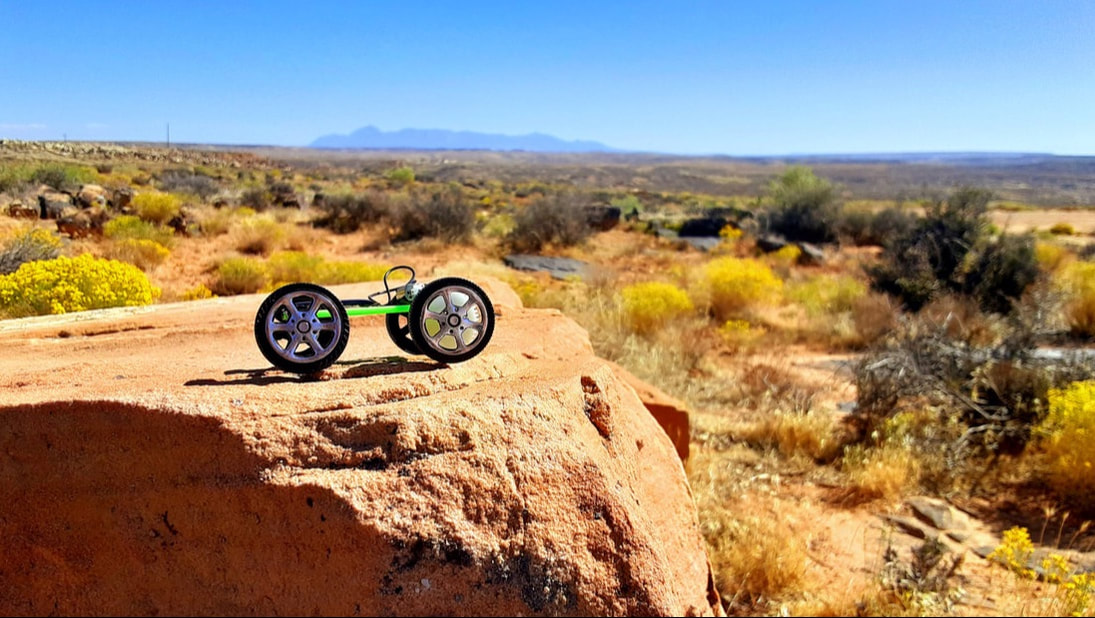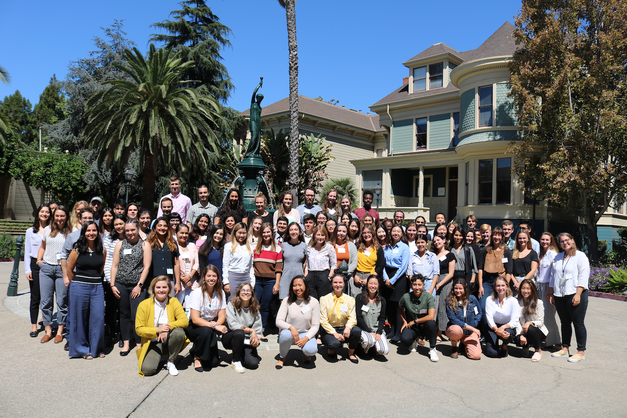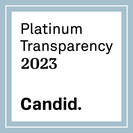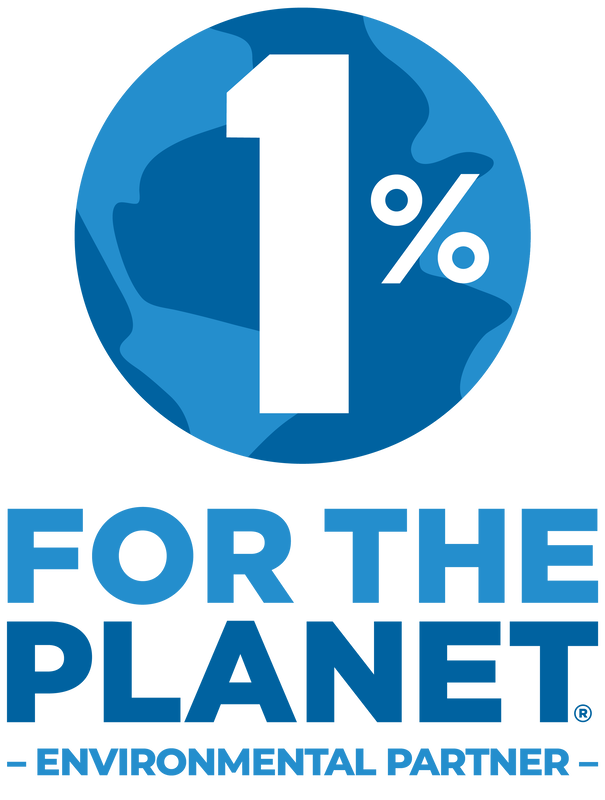|
By Liz Fitzpatrick As a learner in an educational setting, have you ever been asked to name something that you love? Typically when we are asked this question, it is in a leading context. For example students might hear, "Which subject at school do you enjoy the most?" or "What do you want to be?" This type of question is intended to guide students towards the career pathway that would be best suited for them, but can actually be misguiding.
American Student Assistance published a wonderful white paper that found, "Conversations about the future with American students all too often involve this oversimplified and misleading question which gives the impression a person simply ends up being something." What happens when we ask questions like, “What are you passionate about?” or “What do you want to give to society?”
1 Comment
By Liz Fitzpatrick, Jessica Redden and Tyler Valdes Teaching during the COVID-19 pandemic has been a challenge for educators across the United States. In the Navajo Nation, limited access to electricity, running water, and the Internet has made distance learning an even more difficult task. At Whitehorse School in Montezuma Creek, Utah, 80% of students do not have access to the Internet at home.
“Not being able to interact with the students face to face has been hard...there are days where I only have four students or just one joining in because of the lack of Internet access,” reflected Brittany Redhouse, a Whitehorse teacher. To continue providing meaningful learning opportunities to their 288 students who span 6 grades during shelter-in-place, Whitehorse School teamed up with the PowerUp! Empowered Education Program. PowerUp! sent education kits and supplies with essential items like school materials, books, solar powered lanterns, hand sanitizer, and masks to 7,000 students, including those who attend Whitehorse. These kits also included a mini solar powered car that students could build and experiment with, and SEI’s contribution: learning materials focused on solar energy to go along with the car. US Leaders Recognize Climate Workforce Programs as a Key Component of Climate Change Policy12/1/2020 In recent months, workforce programs designed to address climate change by mobilizing workers to support environmentally focused projects have come to the forefront of the conversation among democratic politicians. We are thrilled to see the concept of a cohort of professionals working to create climate solutions taking the national stage. This is the work we have been engaged in for over a decade with our flagship program, Climate Corps , and we are excited to be a part of emerging initiatives. Climate Corps 2019-20 Fellow Cohort SEI’s Climate Corps was established in 2010. Since then, through this award-winning bridge-to-career model we have worked with over 500 Fellows on 1,000 high-impact projects, such as implementing local government climate action plans, driving deeper energy efficiency savings, expanding electric vehicle adoption and leading climate education programs. Through Climate Corps, we simultaneously help organizations address climate and sustainability projects and cultivate the next generation of environmental leaders. Our Fellows work on a wide range of climate resiliency efforts at local governments, nonprofit organizations, businesses and educational institutions.
|
Get In TouchDo you know an environmental leader who should be featured in a story? Reach out to [email protected]. Categories
All
Archives
April 2024
|
Get Involved
|
Contact Us
|
SEI Headquarters
100 Smith Ranch Road, Suite 124 San Rafael, CA 94903 Phone: (415) 507 - 2181 Email: [email protected] States where we work:
Arizona California Colorado Indiana Maryland New Mexico New York New Jersey North Carolina Oregon Washington Virginia |
ConnectSubscribe to the SEI quarterly newsletter to get involved and receive updates
|
SEI is a 501(c)3 nonprofit organization.




 RSS Feed
RSS Feed

